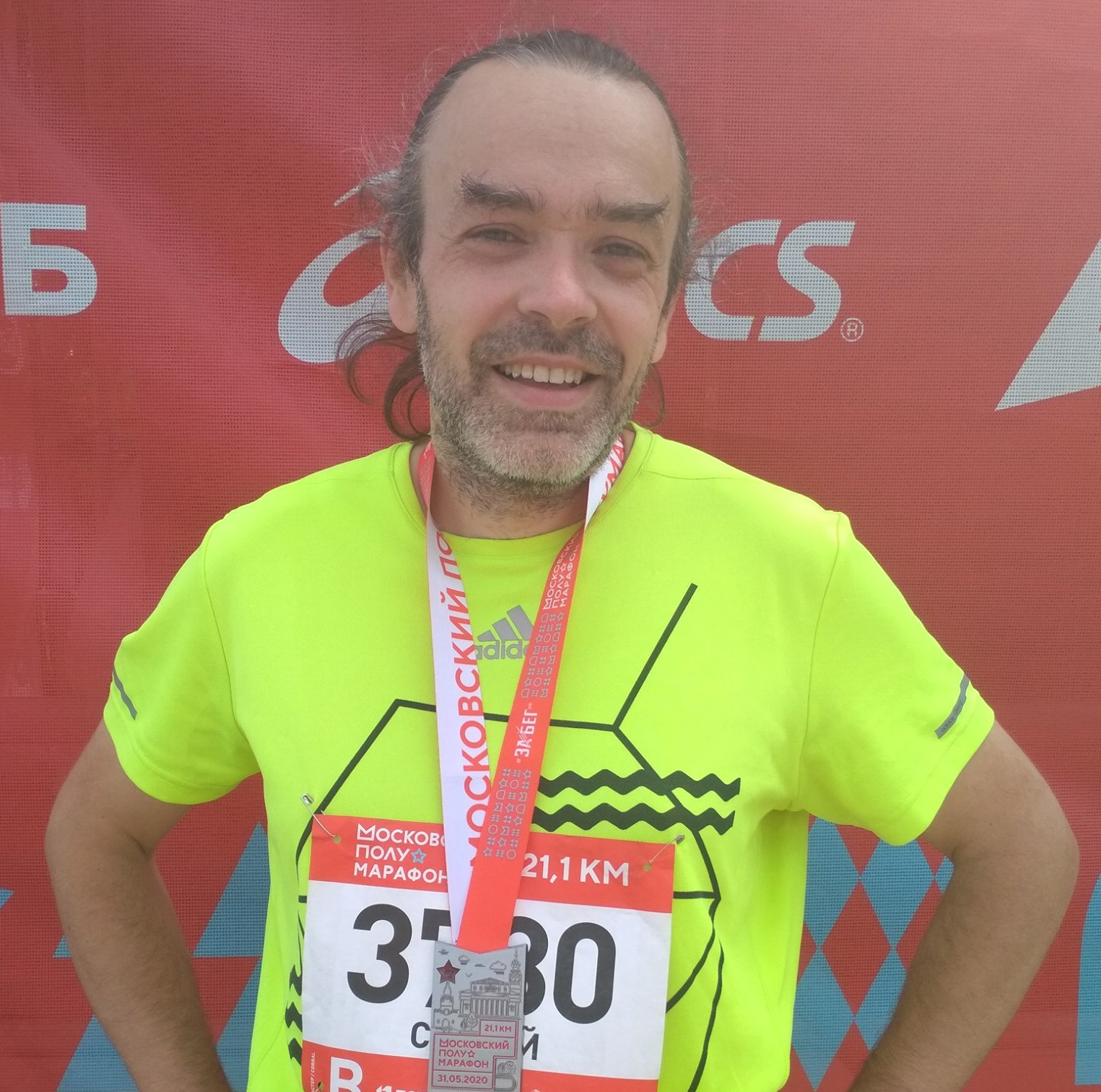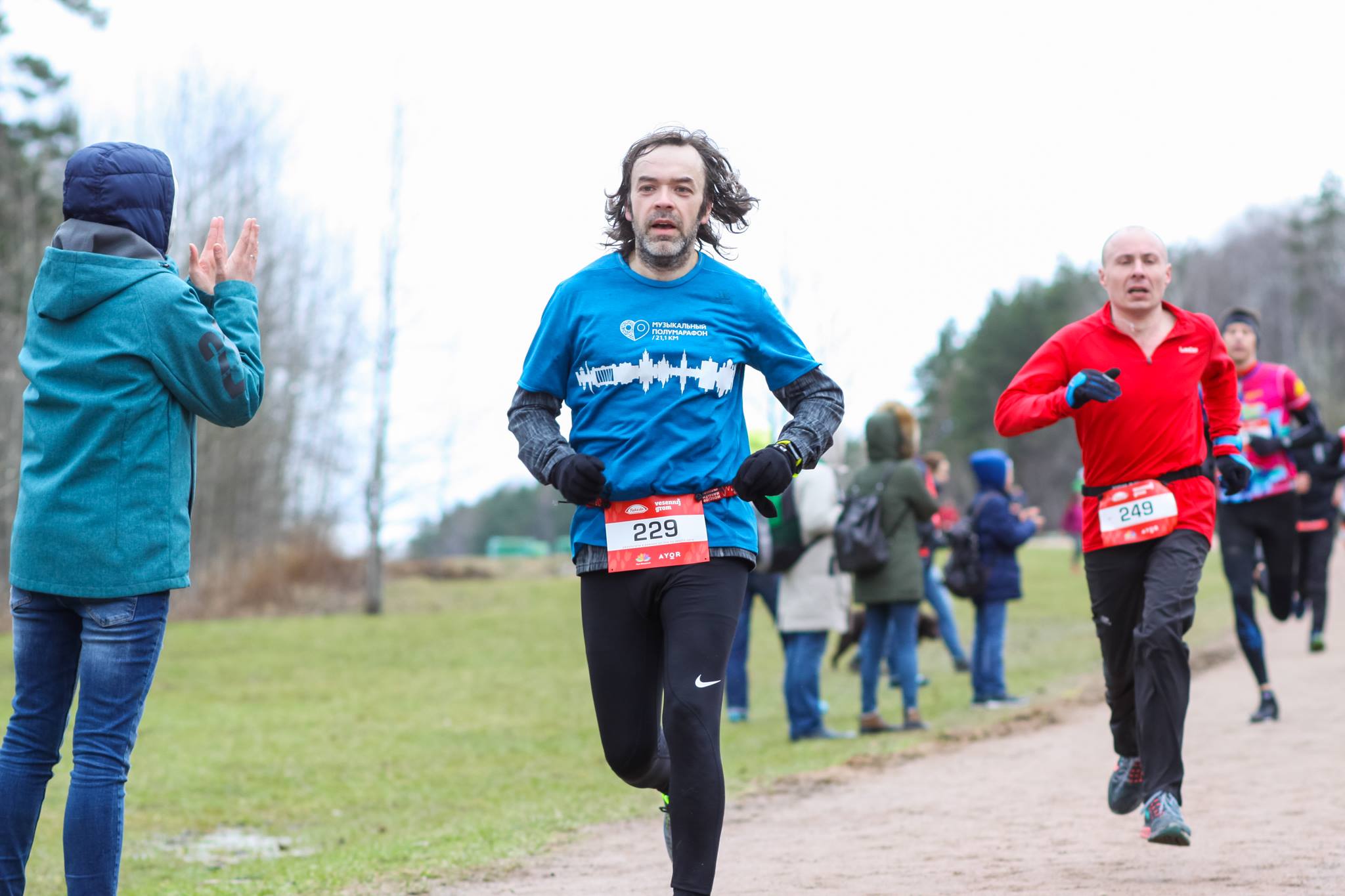'One great thing about careers in academia is freedom'

In October 2020, ICEF Associate Professor Sergey Stepanov had his article accepted for publication in Journal of Economic Behavior and Organization. It explores how a career concerned agent’s performance can be evaluated in the most optimal way. In this interview, Sergey shares his experience of doing a PhD in Brussels, why economics is an inexhaustible source of research ideas, and how principals can achieve better personnel management practices from a scientific perspective.
Switching from engineering to economics
I graduated from the Moscow Aviation Institute in the late 1990s with no idea what to do next. Engineering wasn’t a very lucrative career at the time. I happened to learn about NES, quite by chance, and didn’t know it was a whole new story for the Russian system of education and research back then. The only thing I knew was that NES offered interesting learning tracks and high-paying job opportunities. I was completely new to Economics as a science, but slowly I became interested and set myself of a PhD path.

As an average performing student I had slim prospects of getting enrolled in a top American university and decided to try Europe. I applied to Free University of Brussels (Université Libre de Bruxelles) and was offered a place on ECARES (European Center for Advanced Research in Economics and Statistics) programme.
Brussels
EСARES is a relatively small centre with a proven research record. It was founded in 1991 by graduates of MIT and Harvard, Mathias Dewatripont and Philippe Weil. Mathias was my supervisor, and his supervisor was Nobel Laureate Eric Maskin.
My five years in Brussels turned out one of the best parts of my life. I experienced the European culture and found new friends. I met my wife, who rashly agreed to move with me to Moscow. I’d say Brussels is a miniature version of London. It’s a highly cosmopolitan city and a meeting point for many different cultures. I think it made me a more open-minded, freer person, which is perhaps a more important outcome than the PhD degree.
My advice to ICEF students is consider doing a PhD abroad. When else can you be out to experience new cultures but at a young age?
Pursuing freedom in job market
One great thing about careers in academia is freedom. You have the freedom to pursue a subject that you like and makes sense to you. The freedom to ask questions and search for answers. Being your own boss can be challenging sometimes, that’s true. You need to be able to motivate yourself even when you feel stuck and nothing seems to work out for you.
When I entered the academic job market in the autumn of 2004 to search for positions at colleges and universities, the world was still analog. The CV and the job market paper were to be sent by post, inside large envelopes. In early January, I went to the U.S. for a big conference, as was the custom, to be interviewed by various universities. I had some ten interviews and five flyout offers. Ended up with two job offers, one from the University of Aarhus in Denmark and the other from NES in Moscow. I chose NES and worked there for seven years before I joined HSE.
Economics as a never-ending research quest
Unlike mathematics, where there’s a pre-set range of unsolved problems for scientists to deal with, for example, Fermat’s Theorem, in economics one needs to identify a research question first, which I find to be both interesting and challenging. You look around and ask “why”. What might be the reason for this or that behavior? Say, for Moscow subway riders not wearing masks (and for the NYC subway riders wearing them) or non-optimal decision-making being common in financial markets? Why do people tend to trust populist leaders while governments make decisions that are knowingly ineffective? A researcher's mindset questions everything. But questioning alone isn’t enough. One also needs to be able to set up a tractable mathematical model to tackle the problem (which is particularly relevant for theoretical economists).

The forthcoming paper
My forthcoming article, which has been accepted for publication in JEBO (Journal of Economic Behavior and Organization) in the autumn of 2020, is titled Biased Performance Evaluation in A Model of Career Concerns: Incentives versus Ex-Post Optimality and explores a career concerns model in which performance evaluation and decision-making as to the agent is made based on information from an intermediary. Its preprint was released back in 2015 and the paper itself spans seven years of research. Performance evaluation is undergone, periodically, by employees in commercial sector, management, public sector and academia and may lead to decisions crucial to a person’s future fate.
I show that, in general, a biased evaluator is ex-ante optimal for the principal and that the ex-ante optimal bias can either be “pro-agent” or “anti-agent”. Such bias, though being suboptimal ex-post, helps to achieve ex-ante optimality in terms of stimulating the agent to attain better performance. If the agent has an a priori high value, such agent should be evaluated using more strict standards, while the agent with lower value should be subject to a milder approach. The magnitude of the optimal bias increases with the strength of the agent’s career concerns and decreases with the degree of uncertainty about his ability.
Aside from science
I am a runner. I run all distances from 5 km to 42.2 km. One day I would like to run an ultramarathon (any footrace longer than 42.2 km) or do a mountain trail run. I also like reading history books before bed. They are a great source of research ideas, by the way.